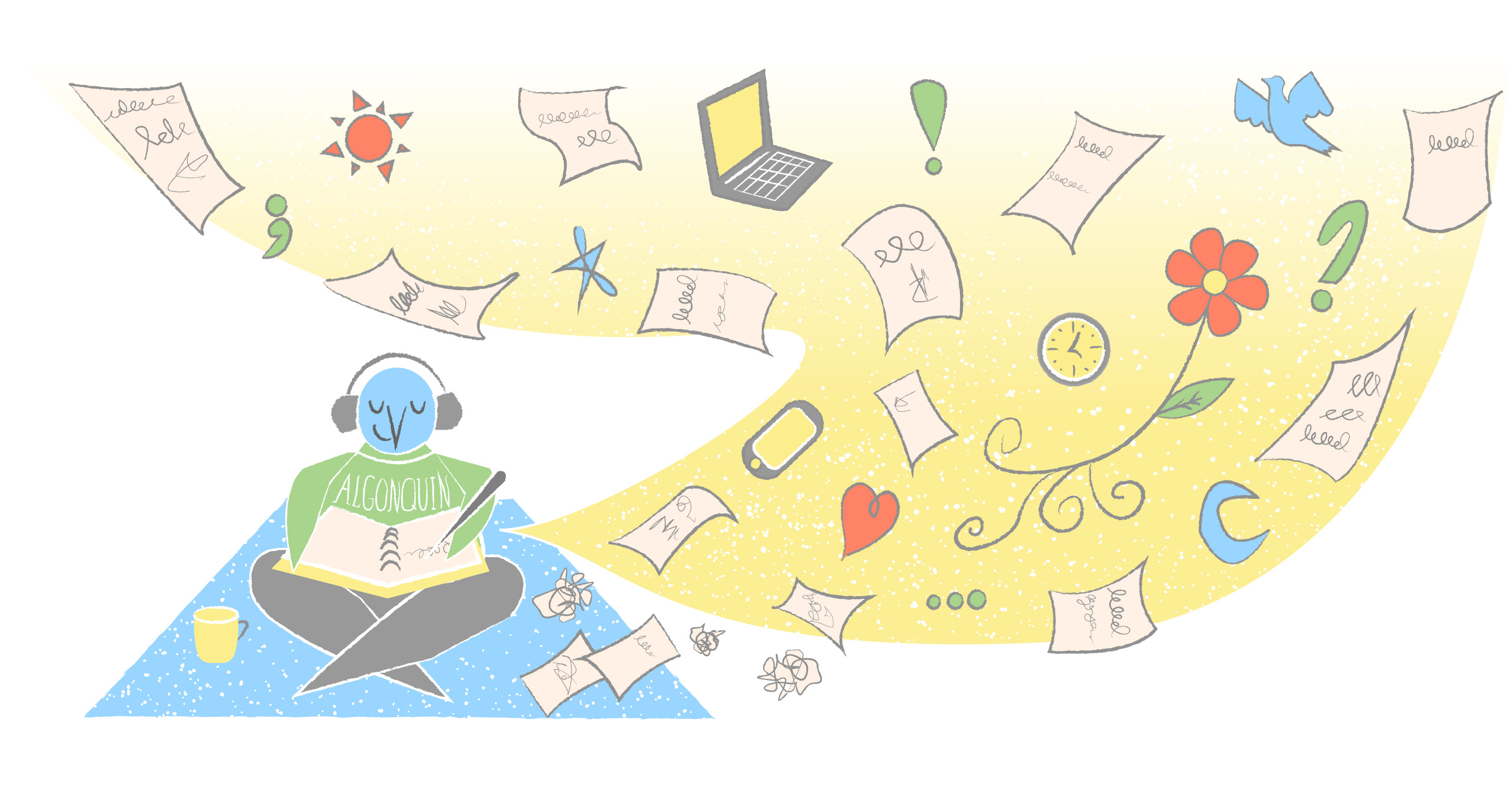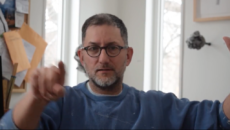The written word has limitless potential. It can share ideas, pass down knowledge and maintain our scope of history. Yet long before recorded text, poetry was a verbal art that accomplished these feats by employing rhythm and structure to help us retain information.
To this day, the desire to tell our story is vital to the craft of prose and poetry. As a subjective art form, its style has adapted to suit the taste of each generation.
Robert Frost once said, “Poetry is when an emotion has found its thought and the thought has found words.” We harness this powerful interpretative tool to create a road map of our experiences and lay bare the depths of our souls.
In our digital age of instant gratification and short attention spans, poetry hasbecome more dynamic, colourful and organic. There is little room for subtlety or apology with the youth of today and their words reflect that. The verse of our time carries the pulse of the day-to-day, reflecting the beauty and hardship of our modern world.
Short, punctuated and powerful pieces are both eye-catching and digestible to today’s audience. Social media platforms with limited characters – like Instagram, Twitter and Tumblr – have effectively changed the length and cadence of poems. In an article by The Atlantic, Rupi Kaur is hailed for her best selling collection Milk and Honey in this trend-setting style of “instapoetry” that has defined a generation.
“Some (writers) take issue with short and sweet poems,” says professional writing student Peyton Scott. “Just because something is short doesn’t mean it has lesser value. You can say a lot with a few words.”
However, contemporary poetry is not confined to the page. The popular form has returned to its spoken word roots, as an expressive voice offers a deeper, more personal experience. Tone, inflection and emotion add undeniable intensity to the message we convey through our work.
“I feel like I read poetry a lot in my spare time, it’s always had this kind of vibrancy,” says Linda Deslauriers, second-year professional writing student at Algonquin College. “The classics are very concrete, but new poetry is freedom in a couple of pages.”
Individualism and originality are vital to art, and the more we learn about ourselves, the more we have to offer. Though some innate connections to our world are lost to progress, we now have more time to look inward and share our own truths.
“You can be so creative and speak in a way that matters more to you than it does to your reader – you’re speaking to yourself from the heart,” says Deslauriers. “Things change with time because they have to change, and so do we. That’s what’s beautiful about human nature.”



